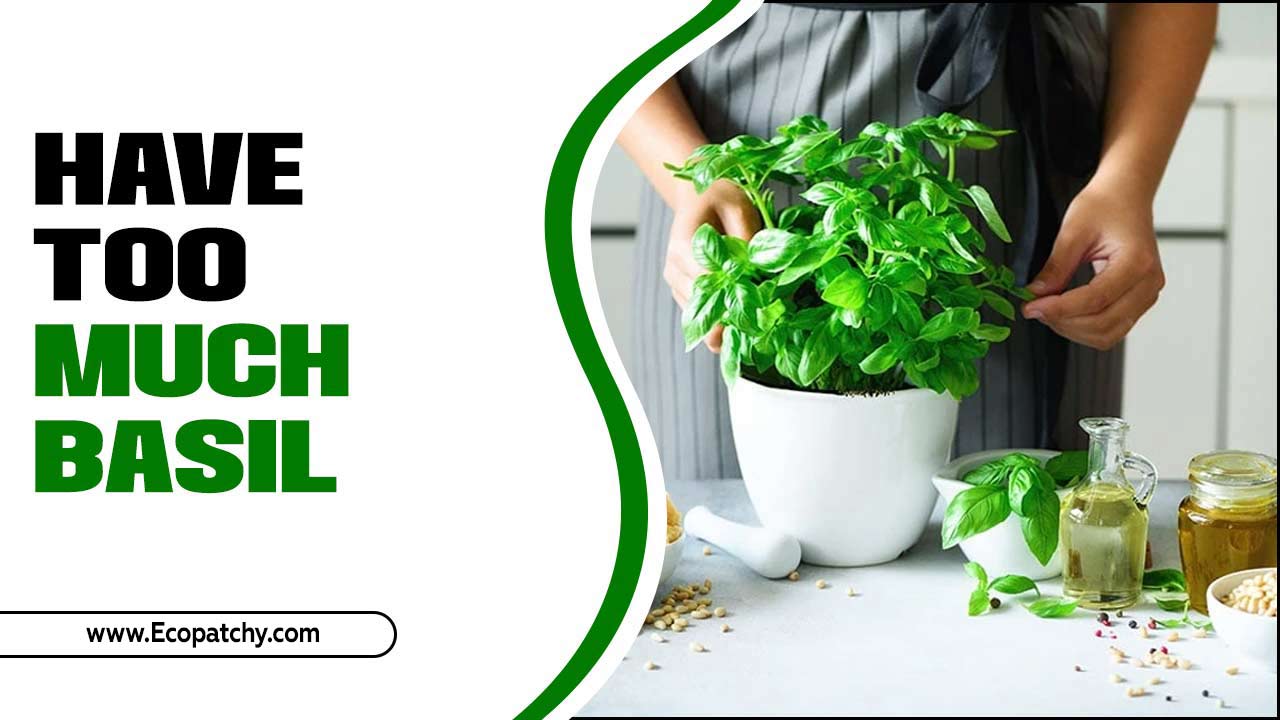Herbs have been handy for centuries as a way to enhance the flavor and nutritional value of dishes, as well as for their medicinal properties.
Whether you have a small herb garden in your backyard or regularly purchase fresh herbs from the grocery store, knowing how to preserve them is essential in order to utilize their benefits fully. Proper preservation of herbs not only extends their shelf life but also helps to maintain their flavor and aroma.
Here, we will explore various methods of preserving herbs, from drying and freezing to creating herb-infused oils and vinegar. By following these techniques, you can ensure that your herbs remain fresh and flavorful for future use in your cooking and wellness routines. Whether you are a seasoned cook or a beginner in the kitchen, learning how to preserve herbs will not only save you money but also elevate your culinary experience.
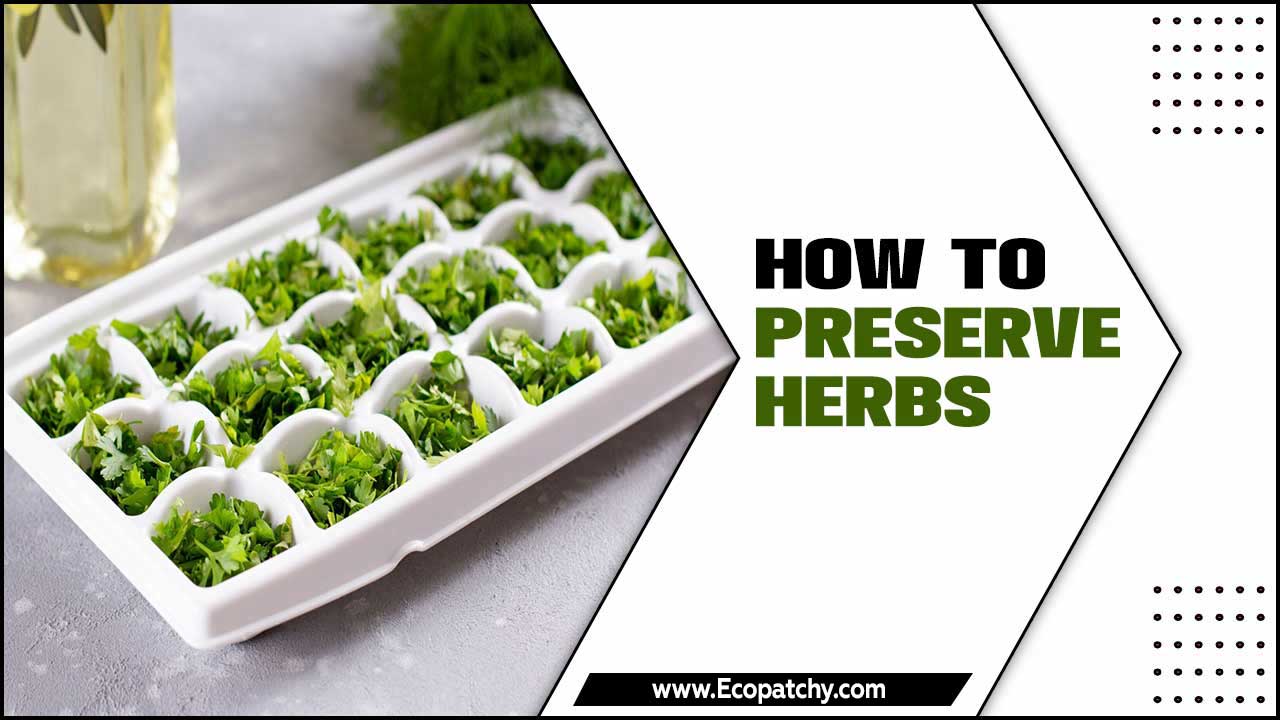
6 Easy Ways To Preserve Herbs
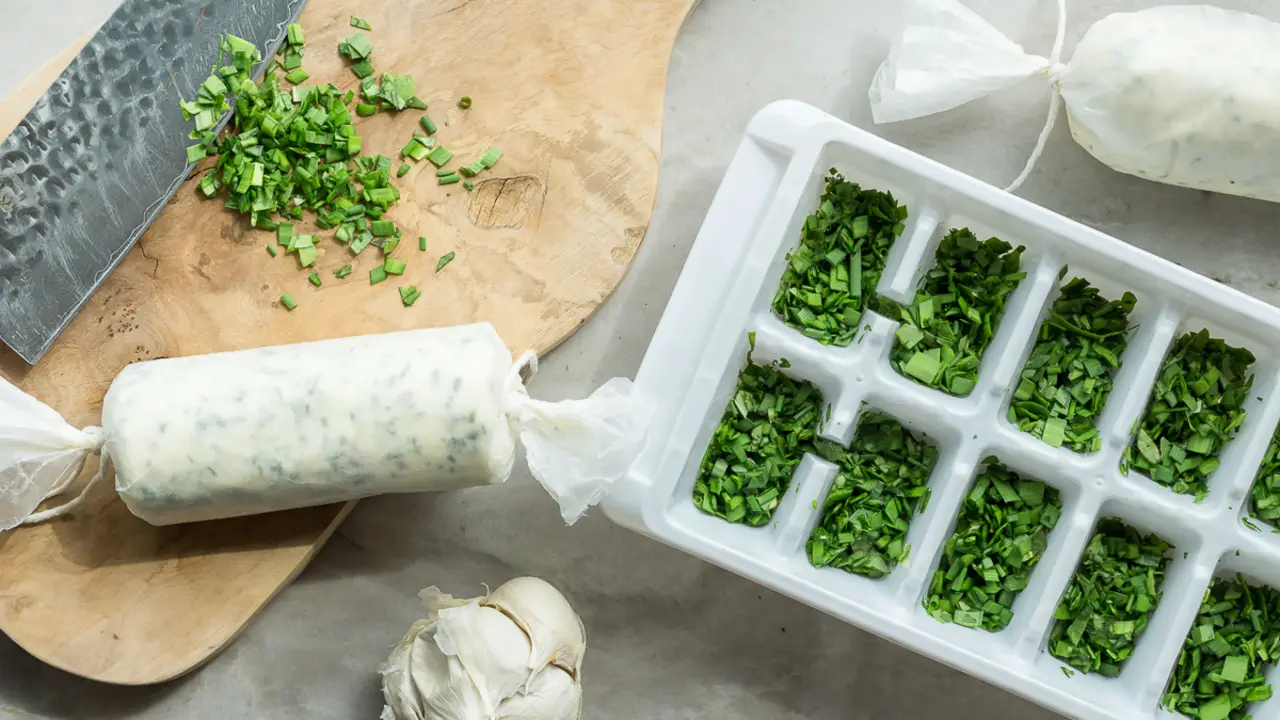
Here to know the answer How To preserve herbs? There are several methods to preserve herbs that can help prolong their freshness and flavor for months to come. One popular technique is drying herbs, which involves hanging them upside down in a well-ventilated area until they become brittle.
Alternatively, you can also dry herbs in a food dehydrator or by placing them in a low-temperature oven. Another effective method is freezing herbs, either by chopping them and placing them in ice cube trays with a little water or by freezing the whole sprigs in resealable bags.
This allows you to easily add herbs to your dishes whenever needed. Additionally, you can preserve herbs by infusing them in oil or vinegar, creating flavorful concoctions that can be handy in salad dressings, marinades,
1.Drying
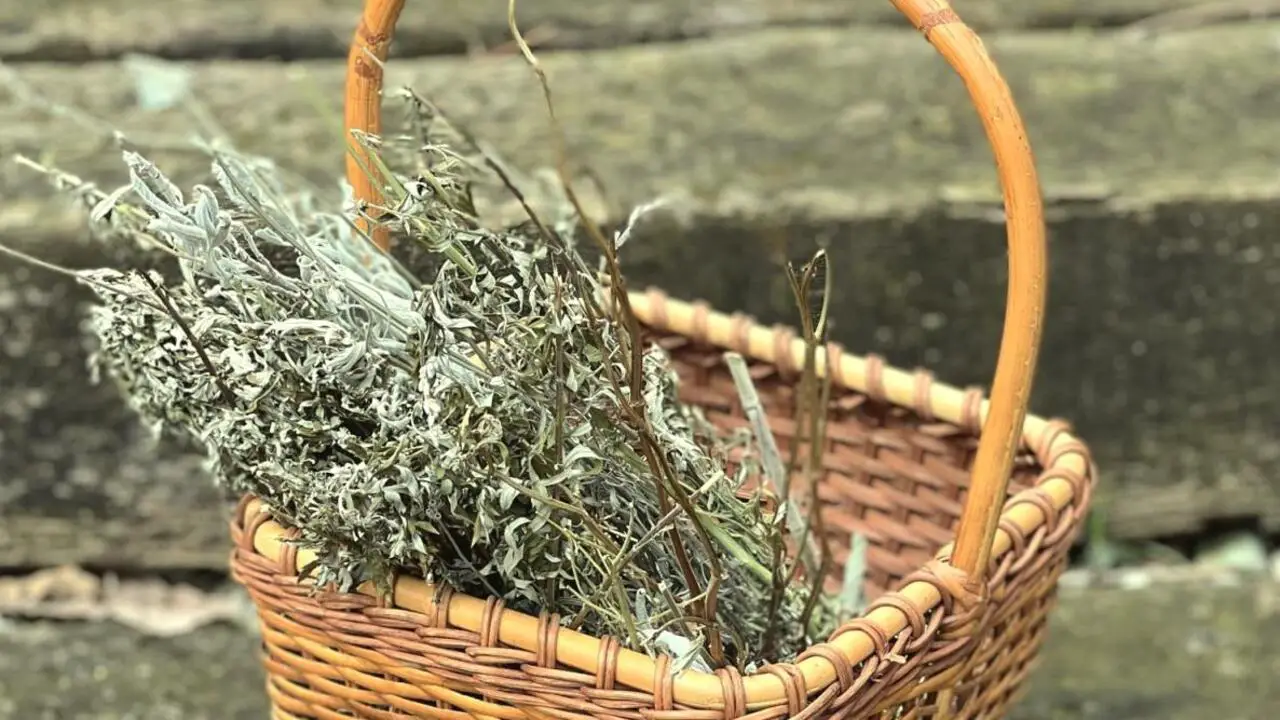
Hang the herbs upside down in a well-ventilated area until they are completely dry. Store them in airtight containers. To preserve herbs and prolong their freshness, another effective method is to hang them upside down in a well-ventilated area.
This allows the herbs to naturally dry out, removing excess moisture that could lead to spoilage. Find a cool and dark space, such as a pantry or cupboard, where the herbs can be left undisturbed during the drying process. It is important to ensure proper air circulation to prevent any mold or mildew from developing.
Once the herbs are completely dry and crumble easily, carefully remove the leaves from the stems and store them in airtight containers. This will help maintain their flavor, aroma, and potency for an extended period. Remember to label the containers with the herb’s name and the date of preservation to keep.
2.Freezing

Clean and dry the herbs, then freeze them in small portions in freezer-safe bags or containers. This method of preserving herbs is particularly useful for those with busy schedules or limited access to fresh herbs. Start by gently rinsing the herbs under cold water to remove any dirt or debris. Once cleaned, carefully pat them dry with a clean kitchen towel or paper towel.
Next, divide the herbs into small portions, removing any tough stems or damaged leaves. This will make it easier to use them later on. Place the portioned herbs into freezer-safe bags or containers and ensure that you properly seal them to prevent freezer burn.
Remember to label each bag or container with the type of herb and the date of freezing. This way, you can easily identify them in the future. By freezing the herbs, you can extend their shelf life for several months while still maintaining
3.Herb-Infused Oils
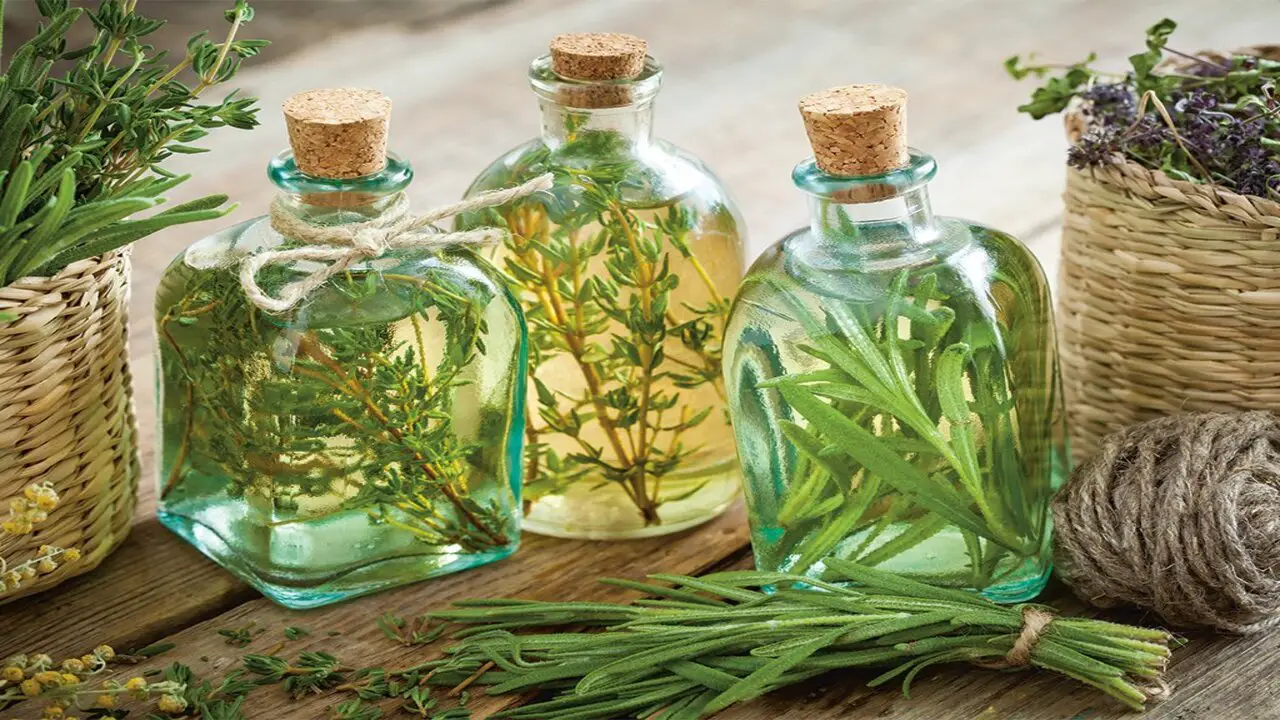
Place fresh herbs in a bottle with oil and let them infuse for a few weeks. Strain the herbs and store the flavored oil in a cool, dark place. This will not only preserve the freshness of the herbs but also infuse the oil with their aromatic flavors.
When choosing herbs for infusing, opt for ones that have a high oil content, such as rosemary, thyme, or basil. Gently wash and dry the herbs to remove any dirt or moisture before placing them in the bottle. To enhance the flavor, you can add a few cloves of garlic or a sprinkle of peppercorns.
Once the herbs are added, pour a neutral oil, like olive or grapeseed oil, into the bottle, making sure that the herbs are fully submerged. Seal the bottle tightly and let it sit in a cool, dark place for about two to three weeks to allow the flavors to develop.
4.Herb-Infused Vinegar
Similar to herb-infused oils, fill a bottle with vinegar and add herbs. Let it infuse for a few weeks, then strain and store. This method of preserving herbs not only adds flavor to your dishes but also provides a tangy twist to your homemade dressings and marinades.
Begin by selecting fresh herbs such as basil, thyme, rosemary, or oregano, ensuring they are free from dirt and excess moisture. Next, sterilize a glass bottle and fill it with vinegar of your choice, whether it be white wine vinegar, apple cider vinegar, or balsamic vinegar.
Gently bruise the herbs to release their essential oils and place them into the bottle. Seal the bottle tightly and store it in a cool, dark place for a few weeks to allow the herbs to infuse their flavors into the vinegar. Once the infusion period is over, strain the vinegar to
5.Herb Butters
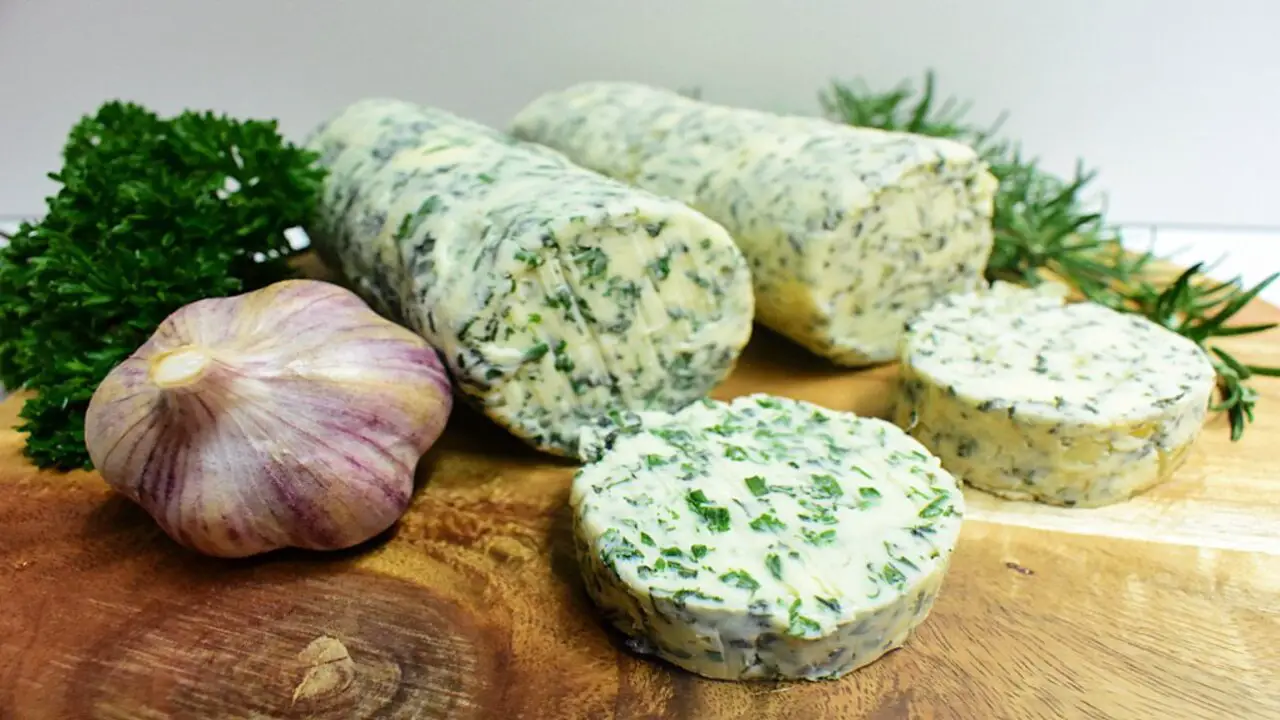
Mix finely chopped herbs with softened butter and refrigerate or freeze small portions for later use. Another method to preserve herbs is by air-drying them. Start by tying a bunch of herbs together with string and hanging them upside down in a warm, well-ventilated area. This allows the herbs to dry slowly, retaining their flavor and aroma.
Once the herbs are completely dry, you can store them in airtight containers away from direct sunlight. Alternatively, you can also use a dehydrator to dry herbs, following the manufacturer’s instructions. You can crush or grind dried herbs into a powder and use them in various recipes. They are perfect for adding a burst of flavor to soups, stews, sauces, and marinades.
6.Herb Salts
Combine finely chopped herbs with salt and let the mixture air dry. Store in airtight containers and use as a flavorful seasoning. Another way to preserve herbs is by freezing them. Simply wash and dry the herbs, remove any tough stems, and chop them into desired sizes.
Place the herbs in an ice cube tray and fill each compartment with water or olive oil. Once frozen, transfer the herb cubes into a freezer-safe bag or container. You can easily add these herb cubes to soups, stews, or sauces for an instant burst of flavor.
Additionally, drying herbs can be done by tying them in small bundles and hanging them upside down in a cool, dry place until they are completely dried. Once dried, crumble the herbs and store them in airtight containers away from direct sunlight. You can use these dried herbs in a variety of dishes, including marinades.
Creating Herb Butter And Compound Butters
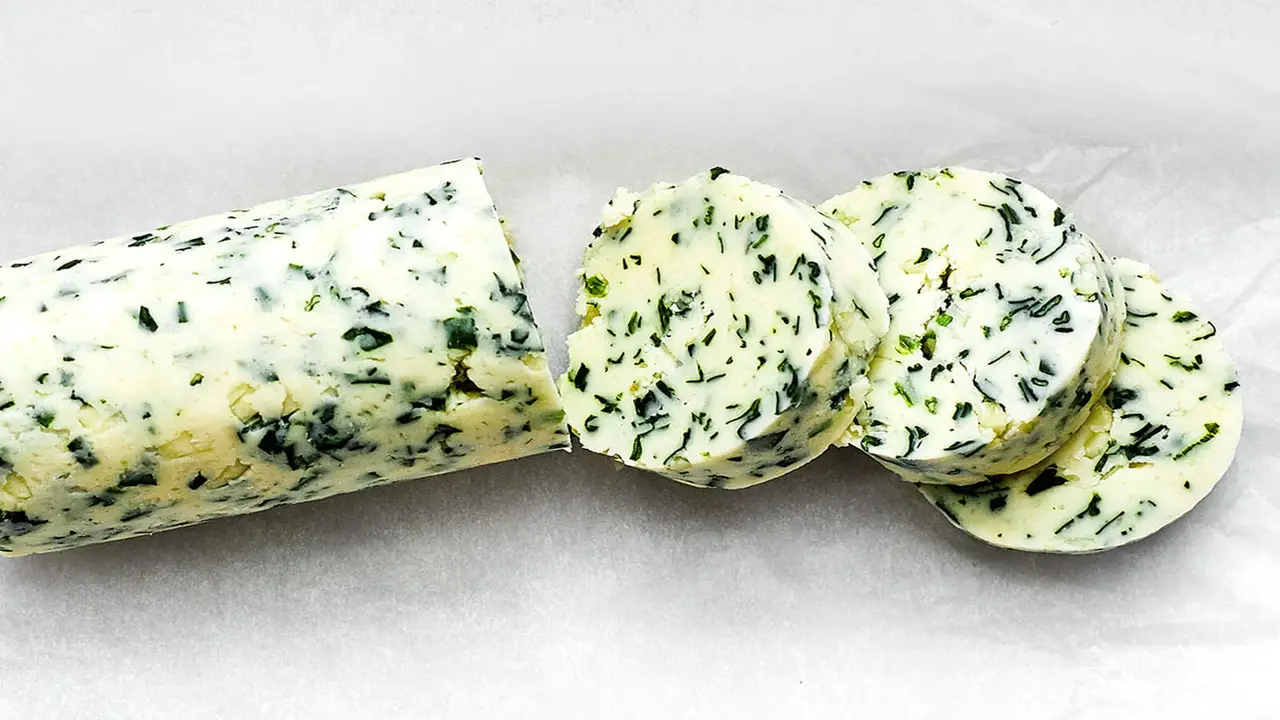
Creating herb butter and compound butter is a great way to preserve herbs and add a burst of flavor to your dishes. Herb butter comes by combining softened butter with finely chopped fresh herbs, such as basil, thyme, rosemary, or parsley. This mixture can be handy immediately or rolled into a log shape and refrigerated or frozen for later use.
To create herb butter, start by letting the butter come to room temperature to make it easier to work with. Then, finely chop your herbs of choice and mix them into the softened butter until well combined. You can also add other ingredients like garlic, lemon zest, or spices to enhance the flavor.
Once the herb butter is ready, you can use it to spread on bread, melt over grilled meats or vegetables, or toss with pasta for an extra burst of flavor. It can also be handy to top steaks, fish, or poultry before cooking, allowing the flavors to infuse into the dish as it cooks.
Using Herb Ice Cubes And Herb Pesto
Using Herb Ice Cubes and Herb Pesto are two effective methods to preserve herbs and extend their shelf life. To create herb ice cubes, start by washing and drying your fresh herbs thoroughly. Chop them finely and place them into ice cube trays, filling each compartment about 2/3 of the way.
Then, pour water or olive oil over the herbs to cover them completely. Put the trays in the freezer until the cubes fully freeze. You can easily add these herb ice cubes to soups, stews, or sauces for a burst of flavor, even during the off-season.
Herb pesto is another fantastic way to preserve herbs. Begin by blending together your chosen herbs (such as basil, parsley, or cilantro) with garlic, nuts (such as pine nuts or walnuts), grated Parmesan cheese, and olive oil. Adjust the ingredients to achieve your desired consistency and taste.
Storing And Organizing Preserved Herbs
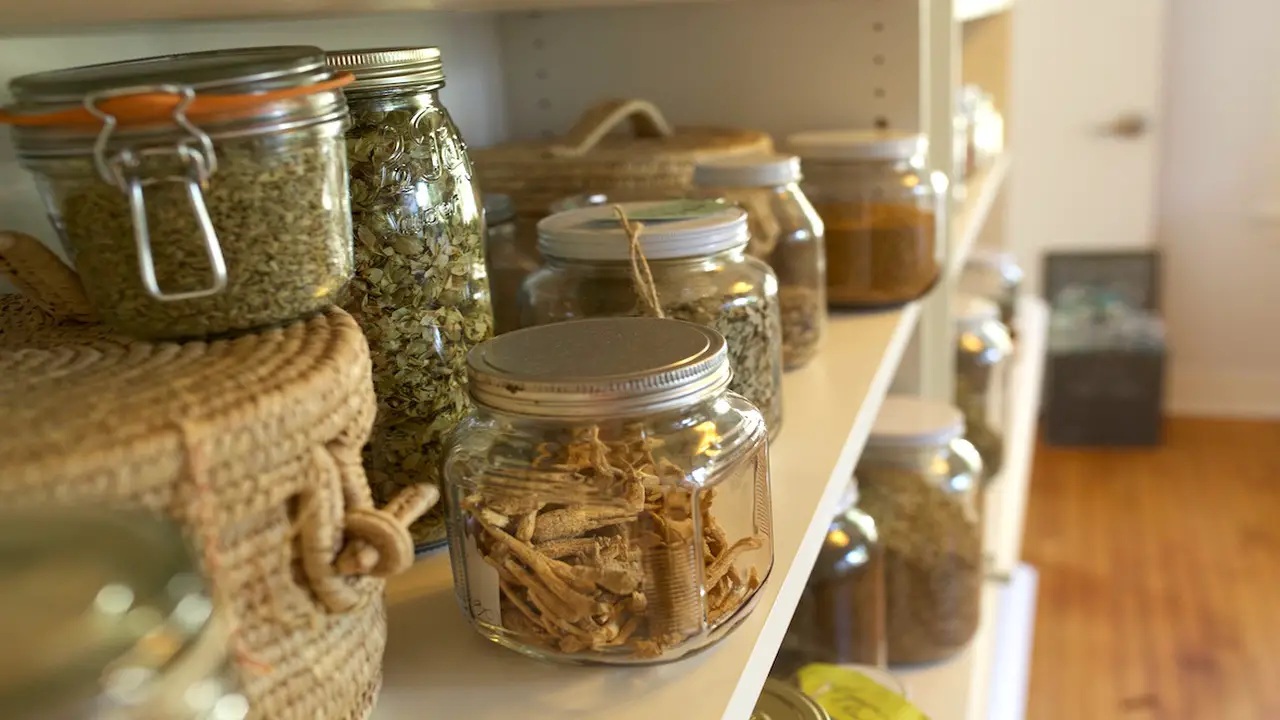
Storing and organizing preserved herbs is essential to ensure their freshness and easy accessibility. One method for preserving herbs is by drying them. To do this, start by harvesting the herbs in the morning after the dew has evaporated, as this is when the essential oils are at their peak. Remove any damaged or discolored leaves and rinse the herbs gently under cold water to remove any dirt or insects.
Pat them dry with a paper towel and tie them into small bundles. Hang these bundles upside down in a well-ventilated area, away from direct sunlight. It usually takes about two to three weeks for the herbs to completely dry. Here are some tips on how to properly store and organize preserved herbs:
- Choose The Right Containers: Use airtight containers such as glass jars or resealable plastic bags to store your preserved herbs. Make sure the containers are clean and dry before use.
- Label And Date: Always label the containers with the name of the herb and the date it was preserved. This will help you keep track of the freshness and avoid confusion.
- Store In A Cool, Dark Place: Herbs should be stored away from direct sunlight, heat, and moisture. Choose a cool, dark pantry or cupboard for storage.
- Keep Away From Strong Odors: Herbs can easily absorb strong odors, so make sure to store them away from spices, cleaning products, or any other strong-smelling substances.
Tips And Tricks For Maximizing Herb Flavor And Shelf Life
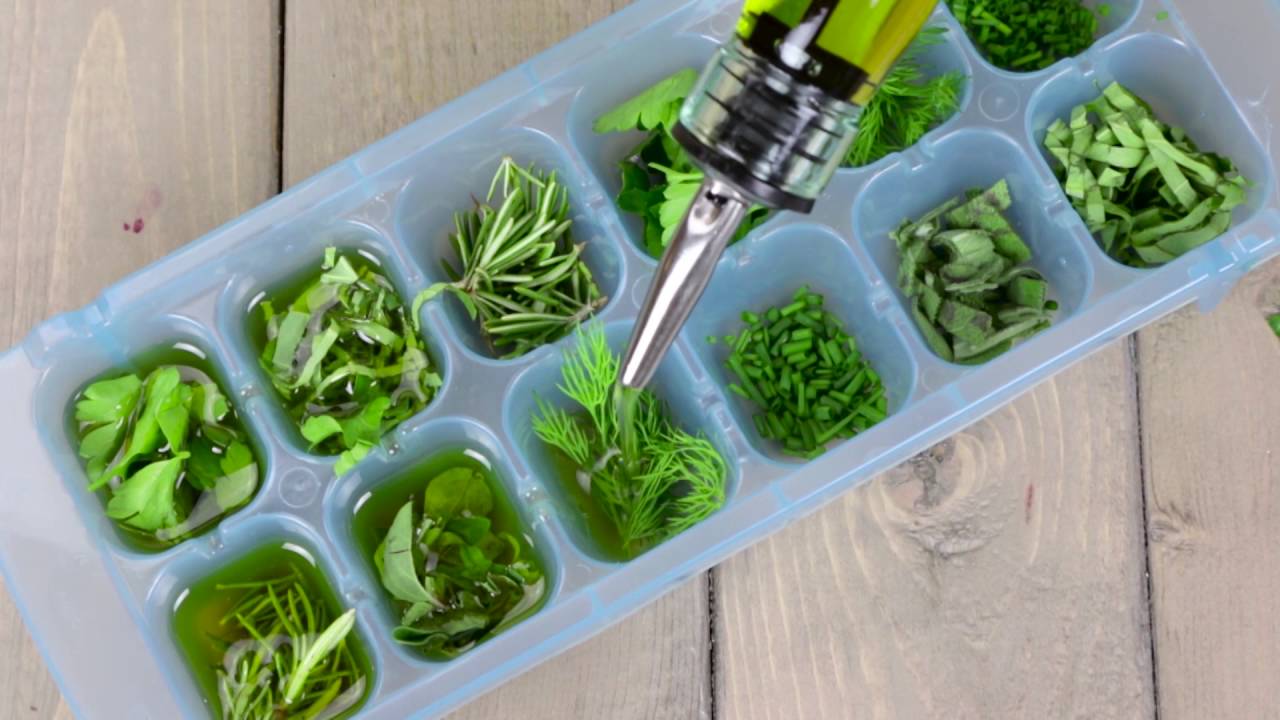
There are several methods to preserve herbs and ensure their maximum flavor and extended shelf life. One popular method is drying herbs, which can be done by air drying or using a dehydrator. To air-dry herbs, gather them in small bunches and hang them upside down in a well-ventilated area away from direct sunlight.
Alternatively, a dehydrator can be used to speed up the process. Once dried, store the herbs in airtight containers in a cool, dark place to maintain their potency. Another technique is freezing herbs, which helps retain their fresh taste and aroma. To freeze herbs, wash and chop them into desired portions before placing them in ice cube trays with a little water or olive oil. Here are some tips and tricks for maximizing herb flavor and shelf life:
- Harvesting: When picking herbs, do it in the morning after the dew has dried but before the day gets too hot. This is when the essential oils are most concentrated.
- Washing: Gently rinse herbs under cold water to remove any dirt or insects. Pat them dry with a paper towel or use a salad spinner to remove excess moisture.
- Storage: For short-term storage, place fresh herbs in a jar with water like a bouquet, and cover them loosely with a plastic bag. Keep them in the refrigerator and change the water every few days. Alternatively, you can wrap herbs in a damp paper towel and store them in a sealed plastic bag.
- Freezing: Freezing herbs is a great way to extend their shelf life. Chop them finely, place them in ice cube trays, and cover them with olive oil or water. Once frozen, transfer the herb cubes to a freezer bag.
Conclusion
preserving herbs can be a simple and cost-effective way to ensure you have fresh and flavorful ingredients all year round. With the various methods of preserving, such as freezing, drying, or using oils, there is an option for every preference.
Freezing herbs is a popular method as it helps retain their vibrant colors and flavors. Start by washing the herbs thoroughly and patting them dry with a paper towel. Next, remove any tough stems or discolored leaves. Place the herbs in an airtight container or freezer bag, making sure to remove as much air as possible.
Label the container with the herb’s name and date of freezing. By following these tips and tricks, you can enjoy the benefits of your herbs for months to come. Whether you grow them yourself or purchase them from the store, preserving herbs is a great way to add a little extra flavor to your meals and elevate your cooking game. We hope now you understand How To Preserve Herbs.
FAQ
1.What Are Some Common Methods For Preserving Herbs?
Ans: Some common methods for preserving herbs include drying, freezing, and making herb-infused oils or vinegar. Drying herbs involves hanging them upside down in a well-ventilated area until they are fully dried. Freezing herbs can be done by chopping them up and placing them in ice cube trays with water or olive oil.
2.How Long Can Herbs Be Preserved Using Different Preservation Techniques?
Ans: Different techniques vary in the length of time they can preserve herbs. Drying herbs can extend their shelf life for up to one year if stored properly in airtight containers. Freezing herbs can preserve their flavor and potency for several months, but they may lose some texture.
Herbs preserved in oil can last for a few weeks to several months, depending on storage conditions. Salt and sugar preservation can keep herbs fresh and flavorful for several months to a year.
3.What Are The Best Herbs For Drying?
Ans: The length of time herbs can be preserved using different techniques varies. Drying herbs can extend their shelf life for up to one year if stored properly in airtight containers. Freezing herbs can preserve their flavor and potency for several months, but they may lose some texture. Herbs preserved in oil can last for a few weeks to several months, depending on storage conditions.
4.Are There Any Herbs That Are Better Suited For Freezing Rather Than Drying?
Ans: Yes, some herbs are better suited for freezing rather than drying. Herbs with high water content, such as basil, cilantro, and parsley, tend to retain their flavors and textures better when frozen. Freezing helps preserve their vibrant colors and delicate flavors.
On the other hand, herbs with low water content, like rosemary, thyme, and oregano, tend to lose their flavors and become brittle when frozen, making drying a more suitable preservation method for them.
5.Can Herbs Be Preserved In Oil Or Vinegar?
Ans: Yes, herbs can be preserved in oil or vinegar. This process is known as infusing. By placing herbs in oil or vinegar, their flavors and aromas can be extracted and preserved. The herbs can be added directly to the oil or vinegar and left to infuse for several weeks, allowing the flavors to meld together.

